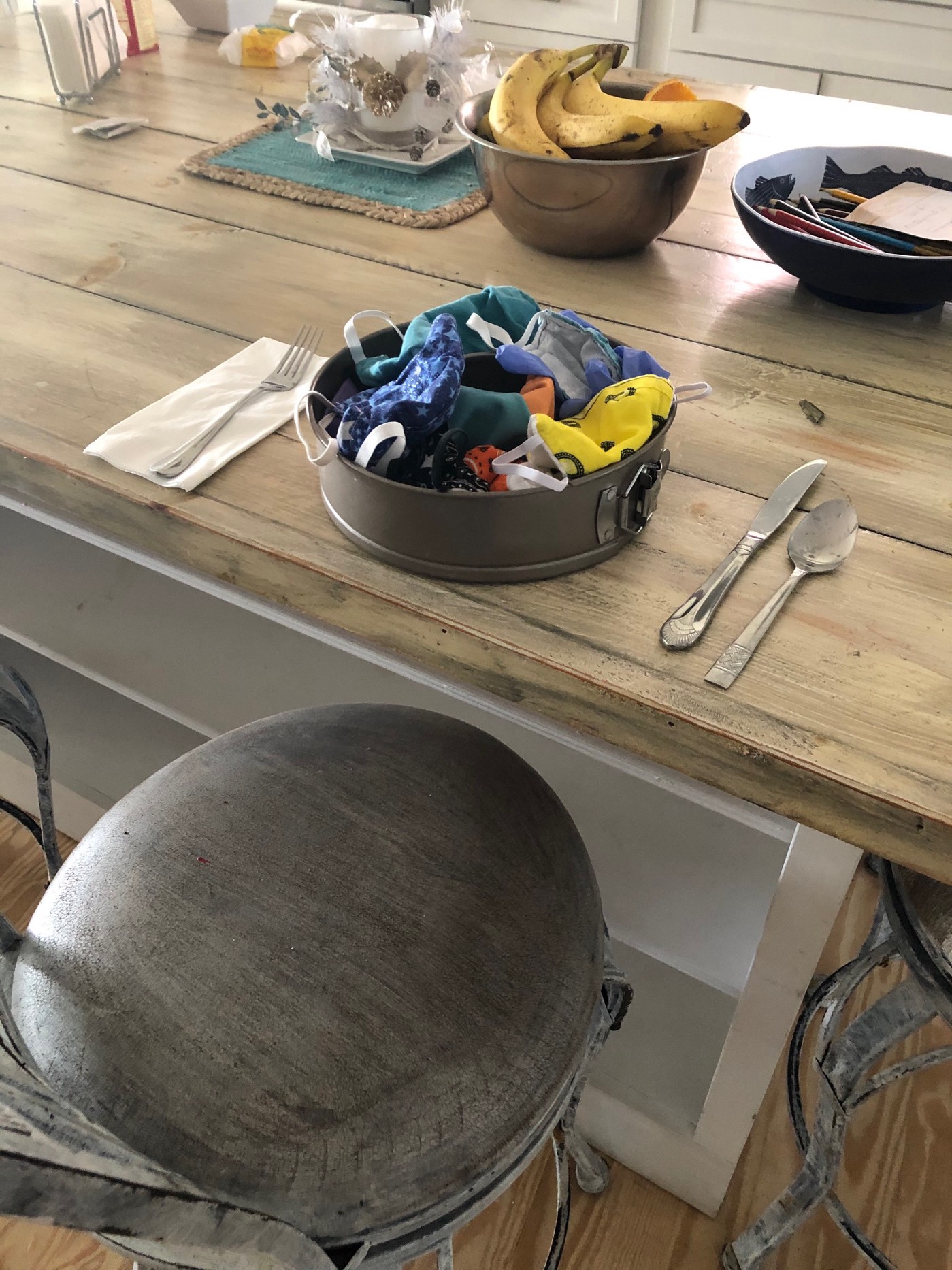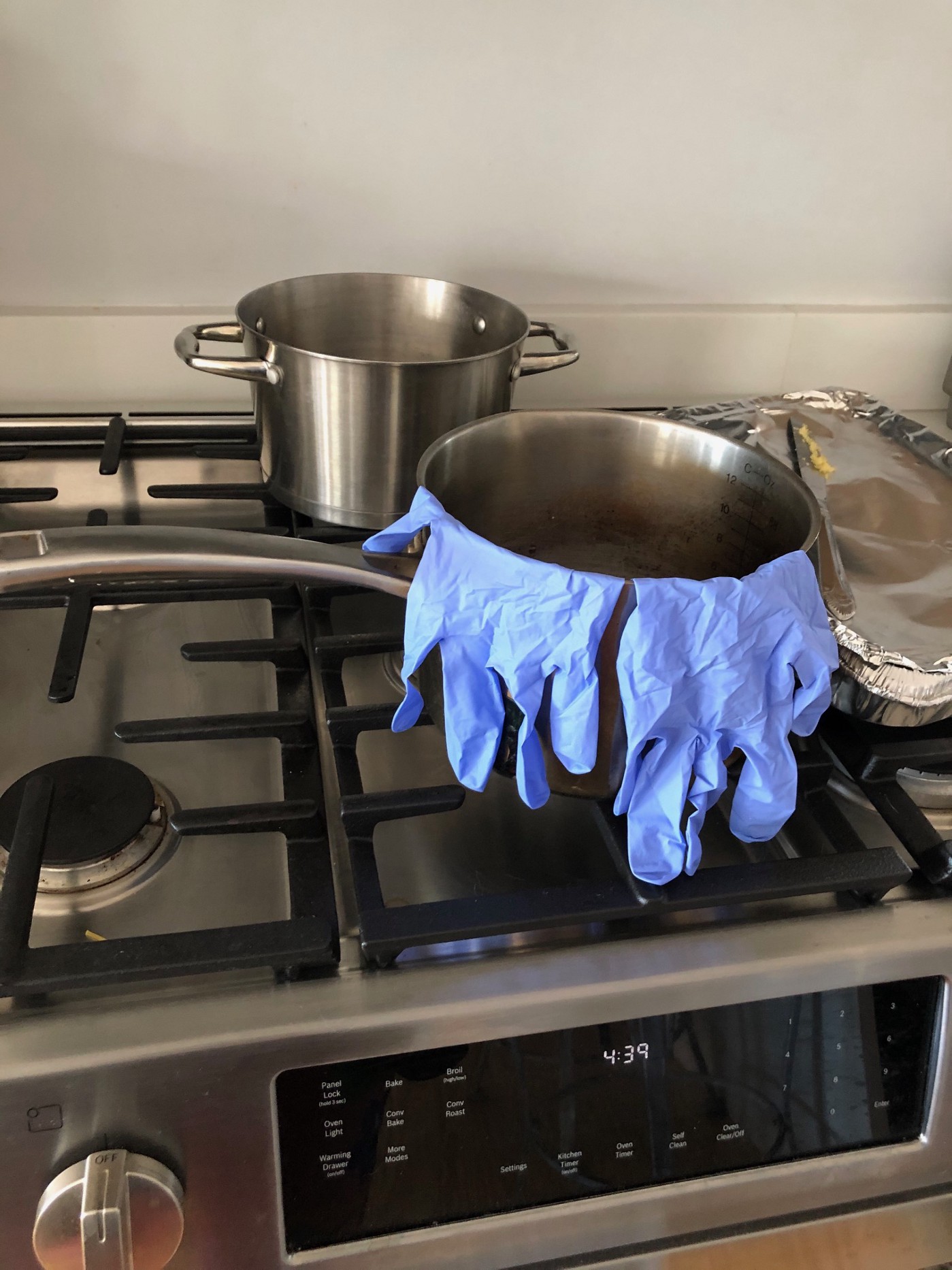I specialize in trauma and helping students succeed, despite their trauma symptomology.
It is a topic on which I speak and write and consult and advise. Prior to COVID-19, I would have said we have enough trauma to last a lifetime. From school shootings to natural disasters to family dysfunction to alcohol/drug abuse to imprisonment to divorce to domestic violence to suicides, we have a plethora of situations that require that we become trauma responsive.
And, we aren’t trauma responsive … yet.
Then, along came the pandemic and the trauma levels increased. Death, illness, fear of illness, social distancing, masks, school closures, joblessness, food shortages, uncertainty and absence of light at the end of the proverbial tunnel. These all mean we are inundated with trauma.

Children experiencing the effects of the pandemic is cause for concern. We are not prepared to deal with the consequences of social distancing, quarantine and the absence of structure and stability. Add to this concern that we have healthcare workers who are and will be experiencing trauma and heightened psychological concerns when their adrenaline flow slows down. Indeed, for many in society, the post-pandemic world will have psychological impacts. Some have called it, me included, a second pandemic.
One pandemic is enough. Really. Truly.
And did we note the impact of the disparities as to who suffers the most in our pandemic world — from illness to death to school closure learning gaps to job losses? Low income and/or minority families. Indeed, the pandemic has raised, and continues to raise, issues of inequality across many sectors in our nation.
With the death of George Floyd due to a prolonged knee hold by a police officer (now fired and charged), we have racial tensions that are leading to protests across our nation. Whether the 8 minute knee hold was the sole cause of death or only a contributing factor, the results are the same: an African American needless died at the hands (knees) of police. Illegality abounds for the police officers who were witnesses. And, at least I’d ask: couldn’t anyone step in to stop the abuse? Was it too dangerous to intervene?
What we have here is new trauma and for many, retriggered trauma. Depending on one’s age, this is a reminder of the LA riots in the 60’s and the death of other minorities at the hands of police in more recent years. (How many such incidents can you name?). How bad can it get?

And, for our children — all our children — riots are frightening and destabilizing and fear-engendering. Seeing violence and fires and looting and shooting and armed personnel and armed vehicles affect the psyche of children (and adults too).
Being worried about one’s race being one’s destiny is deeply troubling also. Whatever one’s color or ethnicity, the level of trauma is increasing. And the absence of abundant adult voices of calm is also frightening. Teachers voices with school voices are muted. Politicians are hyped up; so is the media coverage. Reason is far from near.
Even a space launch didn’t distract us.
Here’s the problem (among others): When will all this end? When, if ever, will the pandemic be over? When will the protests, if ever, be over? When will the pandemic slow down? When will the protests slow down? Will the protests, like masks and social distancing and changed behavior, become the new normal?
I can’t help being worried. And I am becoming less optimistic about near-term solutions and a tad more cynical. My recent photographs show this. Here’s an image titled “Mask Salad,” the newest meal.

Here’s an image titled “Handle with Gloves,” the newest safety precaution.

By nature, I see the proverbial glass as half full. But, that posture is getting tougher and tougher to sustain. How much trauma can we deal with as a nation before we are overwhelmed? How far can we bend before we break? How many amelioration strategies can we muster to address the ubiquitous trauma surrounding us?
The answer to these questions, like the answers to so many questions to issues occurring today, is “who knows?”. And that answer is, like the answer to many questions today, totally unsatisfactory.







Leave your comments
Post comment as a guest